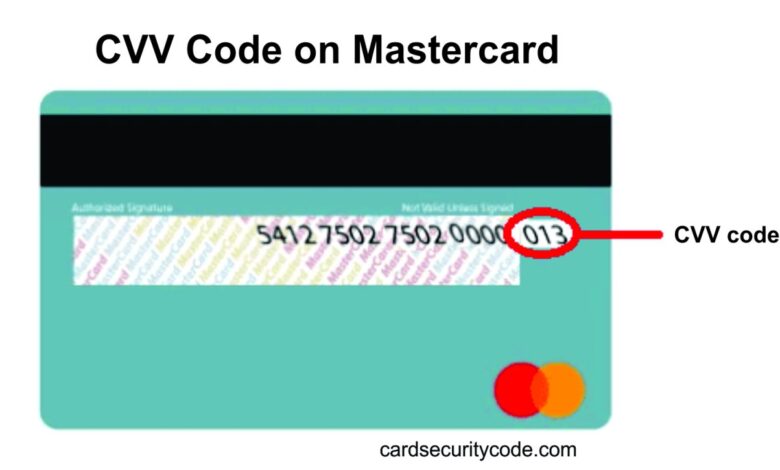Inside Bclub’s Operations: Essential Terms for CVV Dump Purchasing

Welcome to our blog series exploring the inner workings of underground carding forums. Today, we delve into the shadowy realm of bclub purchasing, dissecting essential terms used within the notorious Bclub and similar platforms.
Understanding CVV Dumps
Before diving into the terminology, let’s grasp the concept of CVV dumps. These are stolen credit card data packages, comprising vital information such as the cardholder’s name, card number, expiration date, and CVV/CVV2 code. Cybercriminals obtain this data through various means, including phishing, skimming, and data breaches.
Bclub: A Glimpse into the Dark Web
Bclub stands as one of the prominent platforms where cybercriminals trade in stolen card data. Operating on the dark web, it serves as a marketplace for buying and selling CVV dumps, offering a haven for illegal transactions shielded by layers of encryption and anonymity.
Decoding Bclub’s Terminology
To navigate Bclub’s murky waters, one must grasp its intricate terminology:
- CVV: Card Verification Value
This three- or four-digit code, often found on the back of credit cards (CVV) or on the front (CVV2), serves as a crucial security feature for online transactions. For cybercriminals, obtaining CVVs unlocks the potential for fraudulent purchases.
- Dump
A dump refers to the data extracted from a credit card’s magnetic stripe. This includes the card number, expiration date, and CVV/CVV2, enabling cybercriminals to clone or make unauthorized transactions with the stolen card information.
- Fullz
Fullz contain a treasure trove of personal information, including the cardholder’s name, address, phone number, social security number, and more. With fullz, cybercriminals can execute identity theft or conduct elaborate scams.
- Checker
A checker is a tool used to validate the authenticity and viability of stolen bclub.cm card data. By cross-referencing the dumped information with a financial institution’s database, checkers ascertain whether a card is still active and its credit limit, maximizing the success rate of fraudulent transactions.
- Escrow
Escrow services act as intermediaries in Bclub transactions, holding funds until both parties fulfill their obligations. This system mitigates the risk of scams and ensures a degree of trust among buyers and sellers.
Conclusion
Navigating the clandestine world of CVV dump purchasing demands familiarity with its specialized lexicon. By understanding the terminology employed within platforms like Bclub, one gains insight into the intricacies of cybercrime and bolsters defenses against its nefarious activities.
Stay tuned for more insights into the underbelly of the cyber world in our upcoming blogs.





